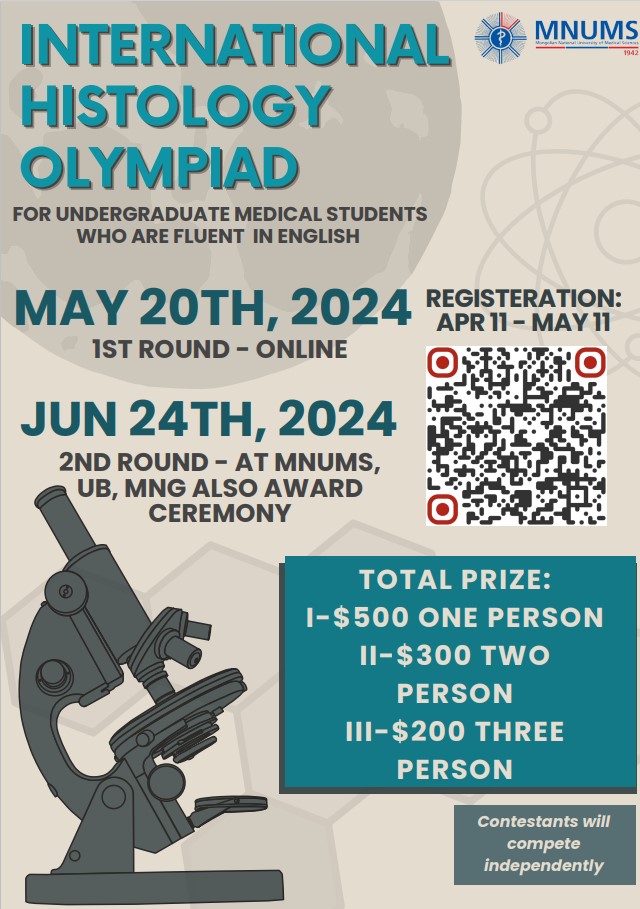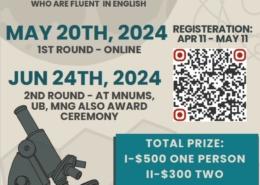TMU’s Chang analyzes social media metrics, impacts
Source: TMU Graduate Institute of Data Science/Bachelor Program in Data Science and Management
Published on 2018-12-23
After joining Academia Sinica in 2008, TMU Associate Professor Yung-Chun Chang carried out nearly a decade of research in the Physics and Information Science institutes, receiving a doctorate in information management from National Taiwan University based on this work. He began teaching data science and management at TMU in 2017 in the Graduate Institute of Data Science.
Dr. Chang’s interests include exploration of texts, natural language processing, conversational response robots and related machine learning and language recognition technologies. His recent research focuses on combining expression of syntactic knowledge and machine learning to create robots that can carry out complex conversations. Dr. Chang’s other recent interest is developing an automated text classification structure that can serve a wide range of applications including emotional analysis, theme detection or answer and response systems.

Dr. Yung-Chun Chang
New directions for Chang’s team include analyzing readers’ emotions generated by short social media texts and then organizing these results into descriptions of public opinions and perceptions. The team has proposed “public opinion keyword embedding” (POKE) to represent each short text from social media. Their results showed this research method was able to effectively express public opinion meanings for each short text, and used this to depict and describe public opinion in social media. Their results were analyzed travelers’ opinions on the TripAdvisor website, using emotion analysis of recommendations made to hotels in terms of their operating strategies. The team’s results were published[1] in international scholarly journals.
The lack of a commercially available comprehensive Chinese pre-processing tool makes processing of natural Chinese language problematic. Dr. Chang’s team is working with Academia Sinica’s Intelligent Agent System Lab (IASL) to develop a multi-objective Chinese pre-processing system currently known as the Multi-Objective NER POS Annotator or Monpa.

Monpa’s operational interface
Monpa (http://monpa.iis.sinica.edu.tw:9000/chunk) is a multi-tasking tagging method based on bidirectional recurrent neural networks that is able to simultaneously carry out segmentation and part-of-speech tagging as well as named entity recognition. Monpa helps obtain basic vocabulary information as well as specialized terms and information (names of individuals, places and organizations) to assist in extracting keywords. The team intends to share its results with the public to help Chinese users and address related technological gaps facing industry.
[1] Social media analytics: Extracting and visualizing Hilton hotel ratings and reviews from TripAdvisor. 2017, IF 3.872﹝SCI, SSCI﹞, categories 7% in INFORMATION SCIENCE & LIBRARY SCIENCE




























